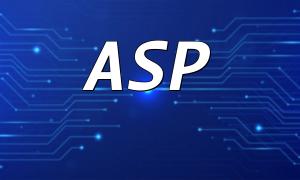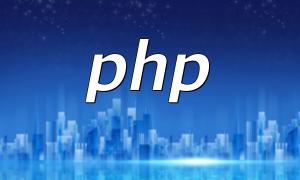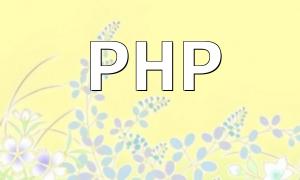In modern web development, PHP's JSON extension has become an essential tool for data exchange. As application demands for data transmission continue to grow, effectively leveraging PHP's JSON support can significantly improve development efficiency and code maintainability. This article offers a thorough overview of the basic and advanced features of the PHP JSON extension to help developers master this crucial technology.
What is JSON?
JSON (JavaScript Object Notation) is a lightweight data interchange format that balances readability for humans and easy parsing for machines. Thanks to its simple and clear structure, JSON has become a widely adopted standard data format in web applications.
Overview of PHP's JSON Extension
PHP has built-in powerful support for JSON format data, mainly realized through the json_encode() and json_decode() functions for encoding and decoding data.
Using the json_encode() Function
json_encode() converts PHP arrays or objects into JSON strings, facilitating data transmission and storage. Example code is as follows:
$data = array("name" => "John", "age" => 30, "city" => "New York");
$jsonData = json_encode($data);
echo $jsonData;
The output of this code is: {"name":"John","age":30,"city":"New York"}.
Using the json_decode() Function
json_decode() converts JSON strings back into PHP variables, usually associative arrays or objects, for easier processing. Example code:
$jsonString = '{"name":"John","age":30,"city":"New York"}';
$decodedData = json_decode($jsonString, true);
print_r($decodedData);
The result is an associative array:
Array
(
[name] => John
[age] => 30
[city] => New York
)
Advanced Features of PHP JSON Extension
Besides basic encoding and decoding, PHP's JSON extension offers multiple practical options that support flexible handling of complex scenarios.
Error Handling
When using json_decode(), error handling is especially important. You can detect the error state of the most recent JSON operation using the json_last_error() function, as shown in the example below:
$jsonString = '{"name": "John", "age": "thirty"}';
$data = json_decode($jsonString);
if (json_last_error() !== JSON_ERROR_NONE) {
echo 'JSON decoding error: ' . json_last_error_msg();
}
JSON Options Parameters
Both json_encode() and json_decode() functions support passing option parameters to enhance encoding and decoding flexibility. For example, using JSON_PRETTY_PRINT makes JSON output more readable:
$jsonData = json_encode($data, JSON_PRETTY_PRINT);
echo $jsonData;
Summary
Mastering both basic and advanced usages of PHP's JSON extension helps developers accomplish data exchange tasks more efficiently and accurately. Whether encoding, decoding, error handling, or setting options, deep understanding of these features is vital for optimizing web application performance. Keeping up with developments in JSON technology will bring more convenience and competitive advantages to your development work.









